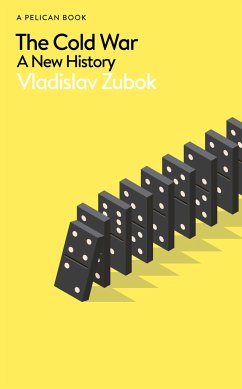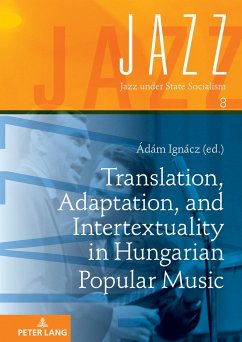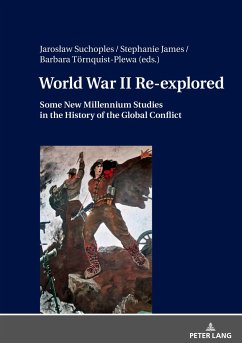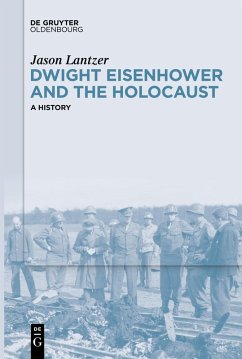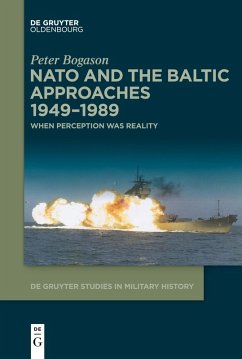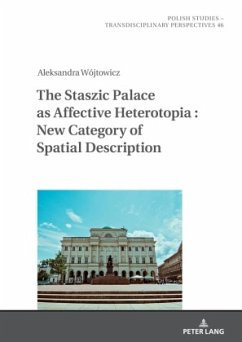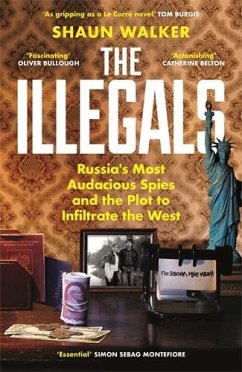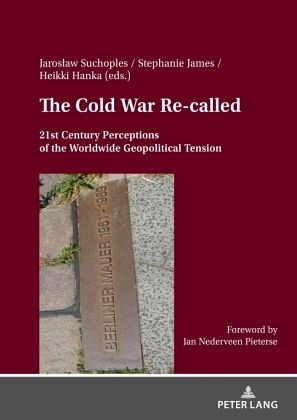
The Cold War Re- called
21st Century Perceptions of the Worldwide Geopolitical Tension
Herausgegeben: Suchoples, Jaroslaw; James, Stephanie; Hanka, Heikki
Versandkostenfrei!
Versandfertig in 6-10 Tagen
99,95 €
inkl. MwSt.

PAYBACK Punkte
0 °P sammeln!
This book highlights multiple perspectives related to the Cold War presented by scholars from almost all continents. They discuss a variety of consequences of the Cold War for various countries and regions focusing on politics, economy, culture, and memory - according to their own professional interests. Driven by research curiosity and a desire to look at events of the Cold War from different angles, they combined their efforts and prepared this volume. Through this process, the wide and multidimensional perspective of the Cold War has been highlighted. Its legacy appears to be increasingly i...
This book highlights multiple perspectives related to the Cold War presented by scholars from almost all continents. They discuss a variety of consequences of the Cold War for various countries and regions focusing on politics, economy, culture, and memory - according to their own professional interests. Driven by research curiosity and a desire to look at events of the Cold War from different angles, they combined their efforts and prepared this volume. Through this process, the wide and multidimensional perspective of the Cold War has been highlighted. Its legacy appears to be increasingly important today, when the world, just three decades after the collapse of the USSR and the Soviet model of Communism, is experiencing another wave of dangerous tensions in international relations, called the New Cold War.





